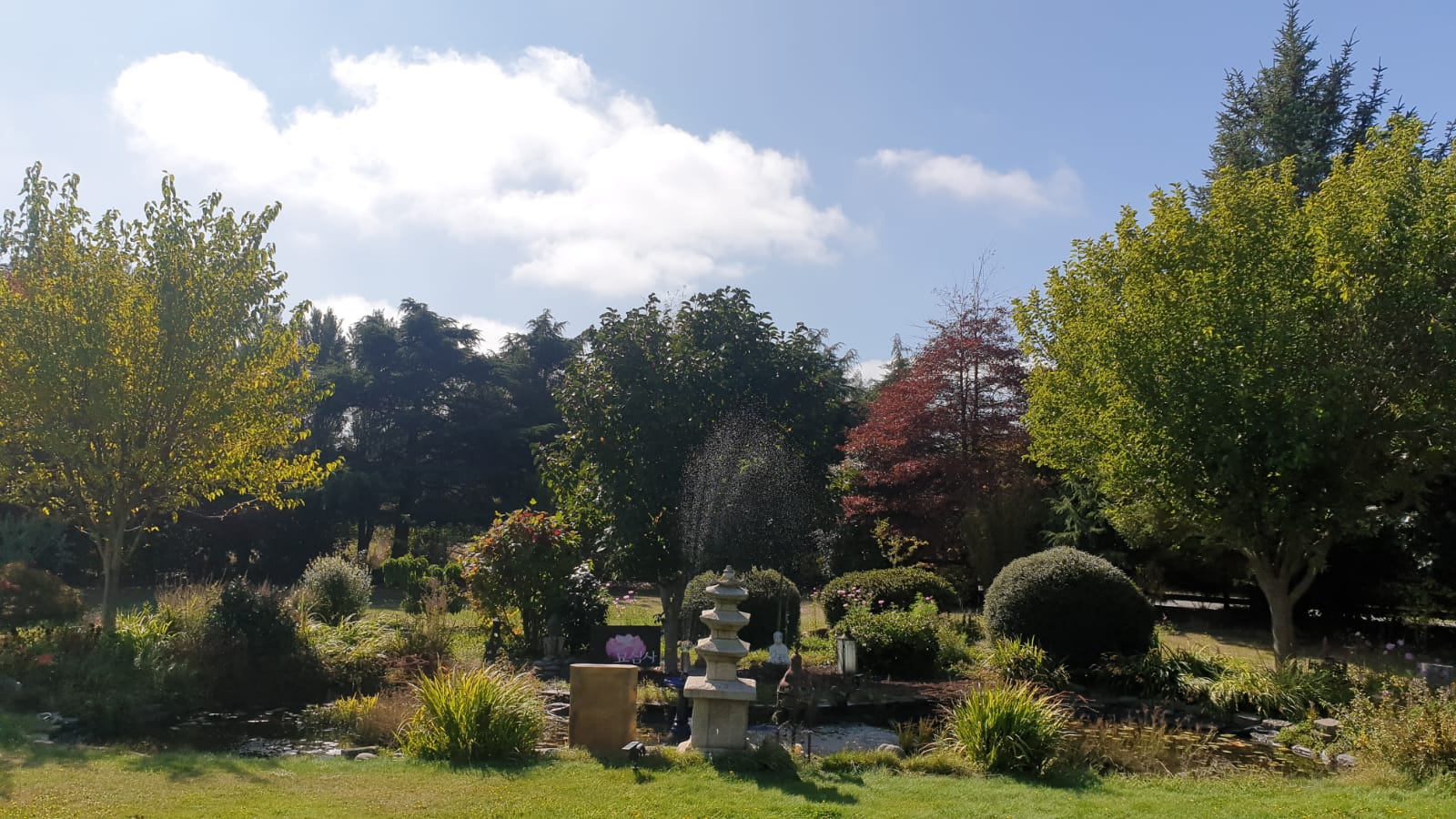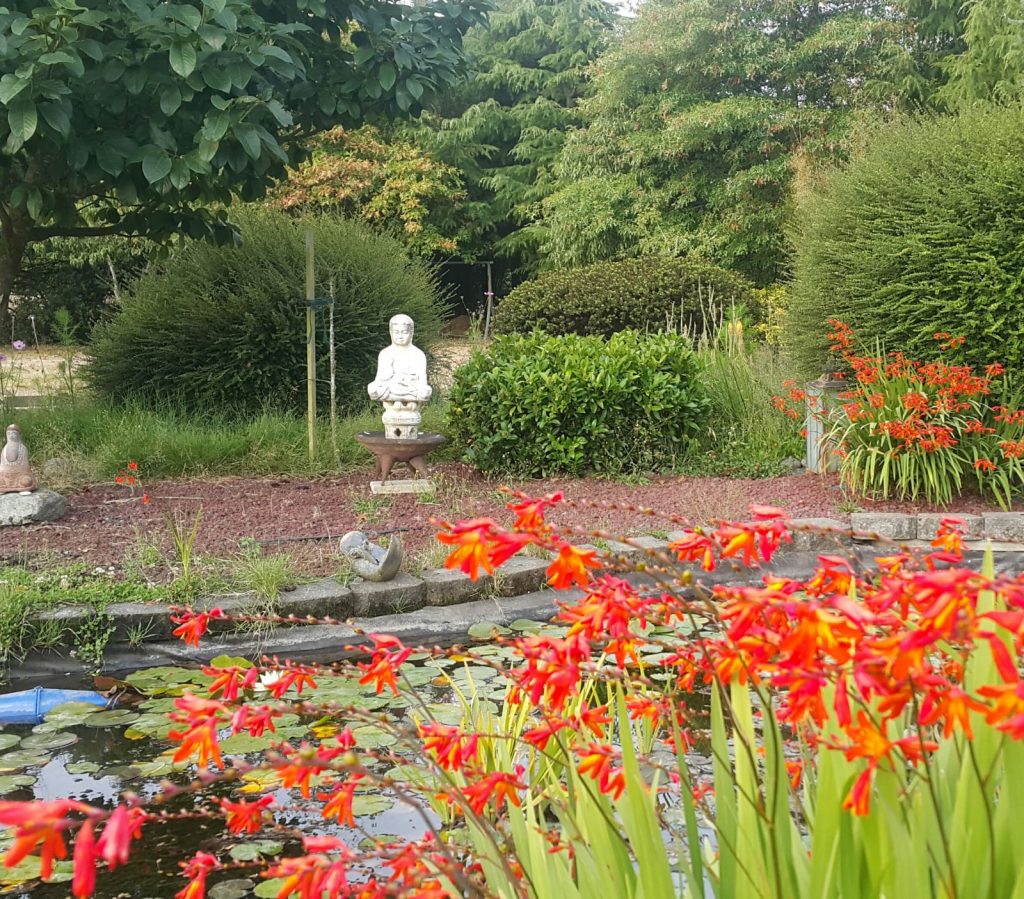A short talk given at the New Zealand Buddhist Council AGM by Ven. Amala Wrightson, Auckland Zen Centre on 15th May, 2021.
We were posed this question: What skillful strategies from the Buddhist tradition are sometimes overlooked but could be used more widely to address the challenges of modern times? What immediately sprung to mind as a teaching to address the challenges of mass extinction and climate crisis was the Zen motto, “leave no traces.”
In Zen training centres and temples we first meet this teaching in the zendo, where we are instructed to smooth and plump up our cushion at the end of a sitting, so they are ready for the next person. In sesshin formal meals we are encouraged to take only what we need and to eat all that we take, leaving our plate bare, and we chant that “our meal is the labour of countless beings”, reminding ourselves that we are kept alive and healthy because of the labour of others. Our Ancestral Line chant reminds us of the precious gift of the Dharma we have received, like relay runners, from our Dharma forebears, and which we must hand on in good shape to the next generation. The ten precepts guide us in creating less “karmic residue” by thinking, speaking and acting in ways that don’t cause harm. And our sitting cultivates a state of absorption in which nothing is left over, nothing left out, no trace of self remaining. “Leave no traces” is a both an invitation to care, to include in our present moment those who come before us and after us, and an expression of boundless Buddha Nature. There’s a Zen story about this:
Two senior Zen students were refining their spiritual understanding by travelling throughout the country to train with respected teachers. They heard that there was a master living with a few disciples deep in the forest near the headwaters of a river. One morning, after weeks of travel, they were eagerly approaching the hermitage when they saw in the stream that flowed down the mountain, a cabbage leaf floating by. Disappointed, they immediately turned to leave, but as they did so they saw the old master, her sleeves flapping, running along the stream and scooping up the stray cabbage leaf. The two pilgrims smiled at each other and resumed their climb towards the monastery, sure now that they had come to the right place.
So “leave no traces” is about much more than frugality or gratitude or not wasting precious resources, though it encompasses all of these. It is an attitude of reverence and tender care towards all animate and inanimate things. It is a widely neglected practice in our consumer society, but it can be cultivated. Here’s how nature writer Robert McFarlane puts it:
… to see ourselves as a web of gift, inheritance and legacy stretching over millions of years past and millions to come, bringing us to consider what we are leaving behind for the epoch and beings that will follow us.




